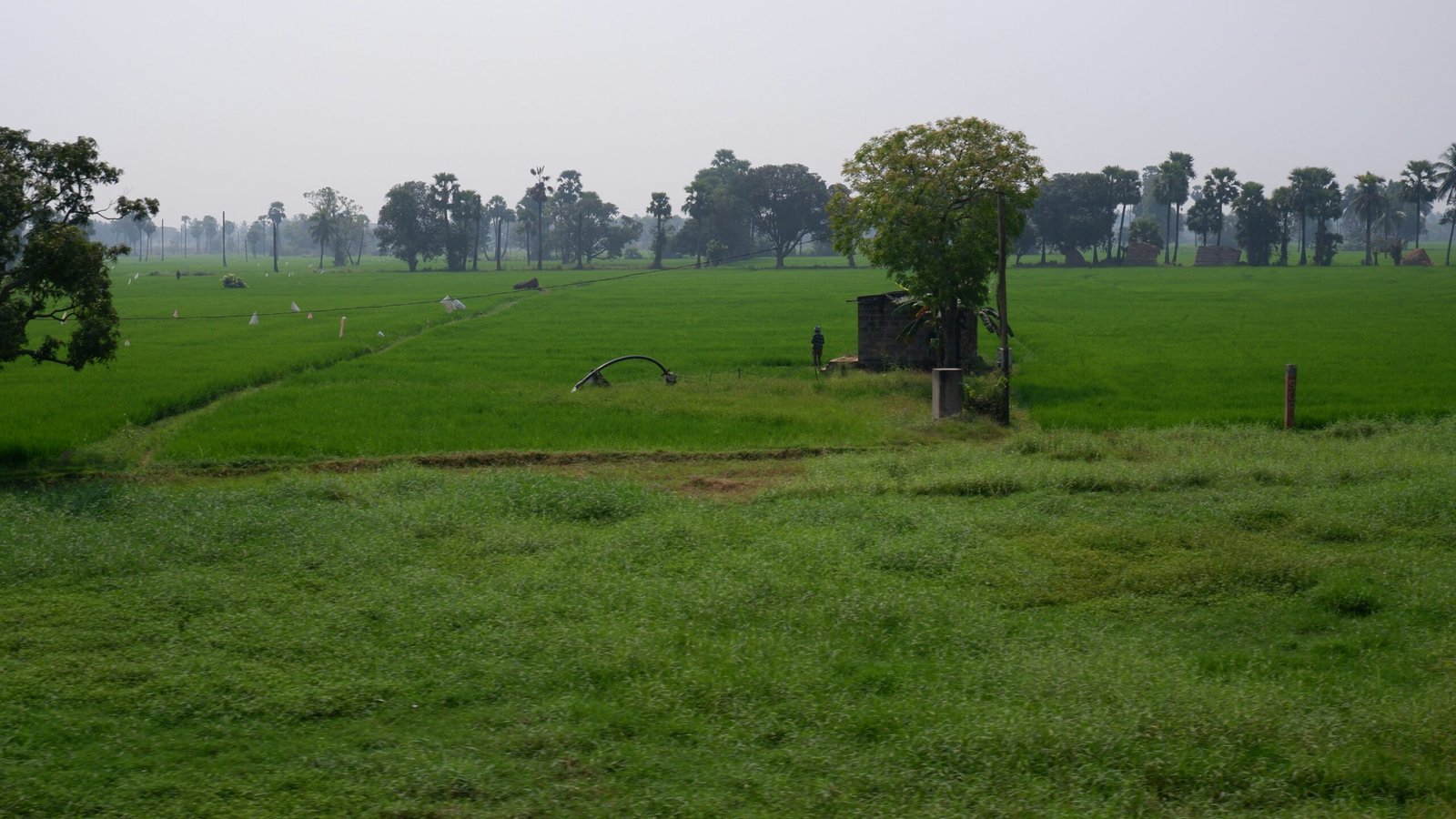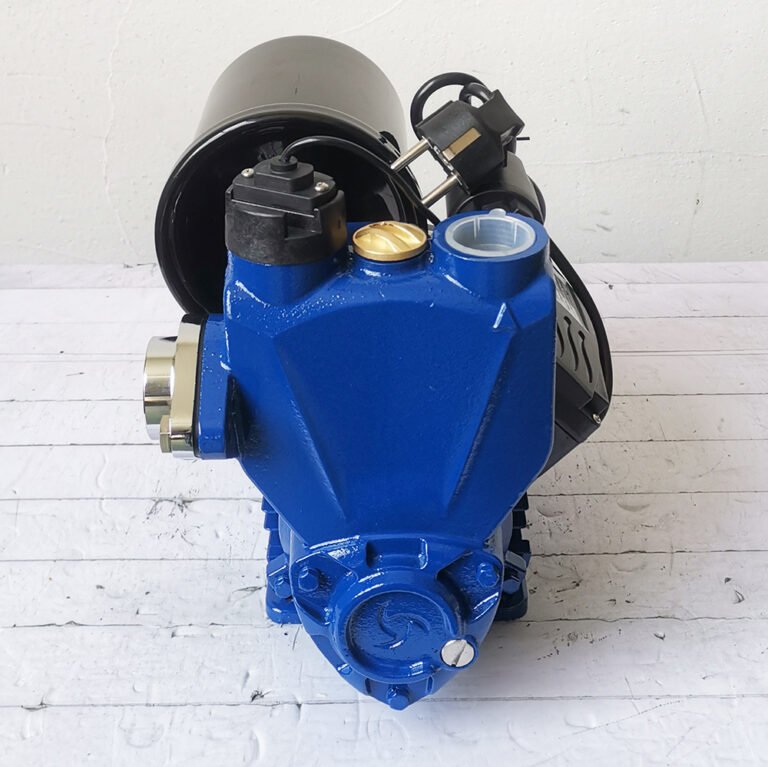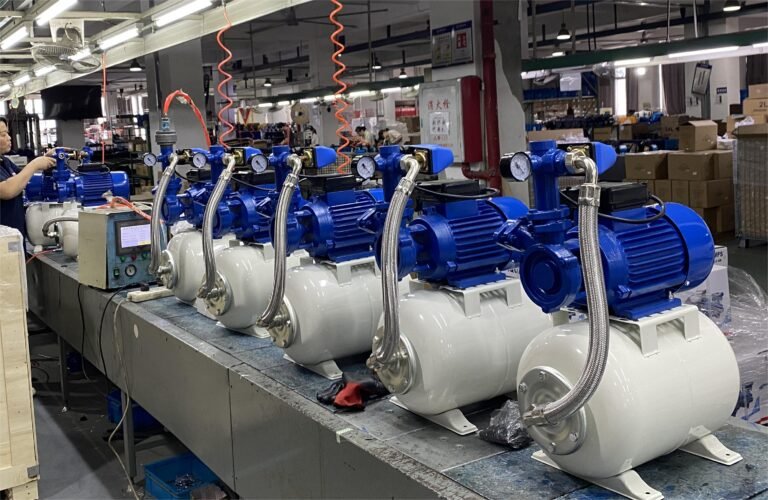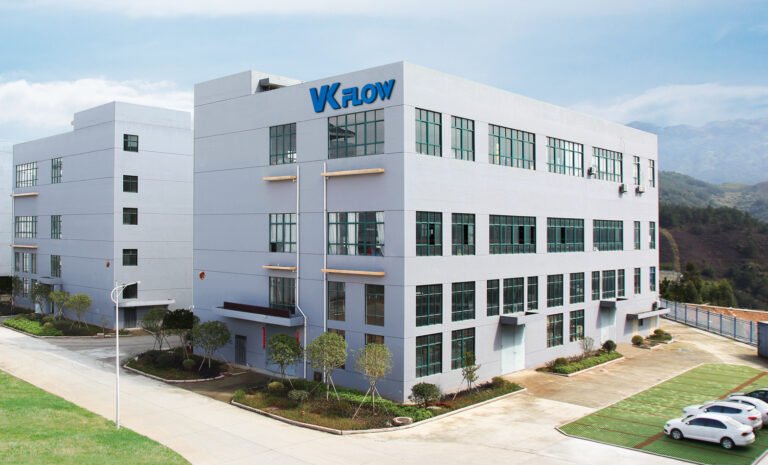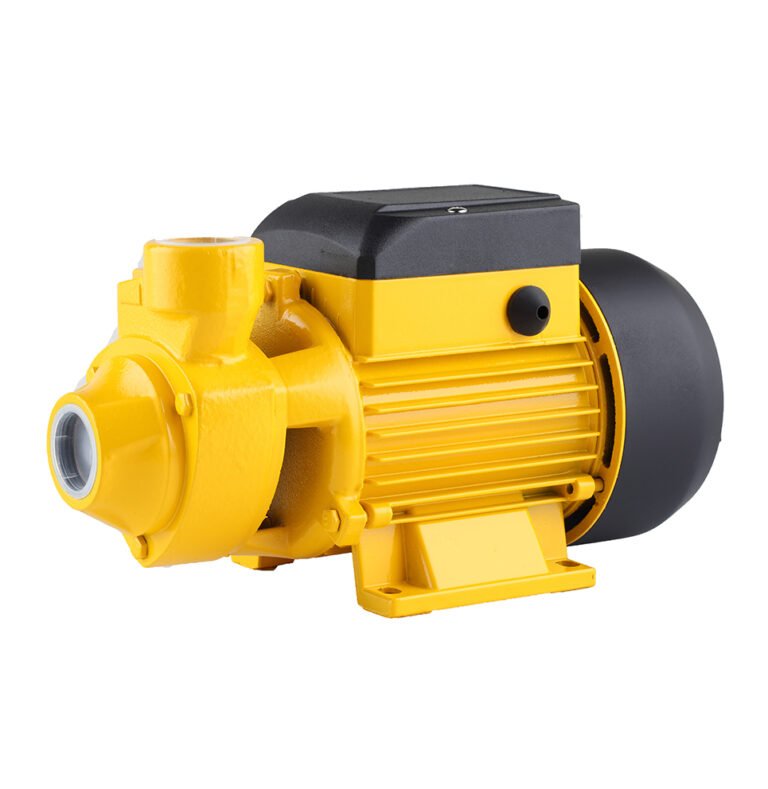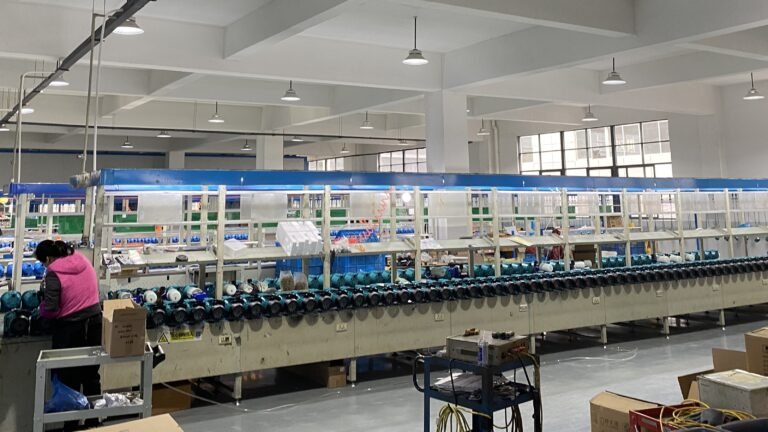Solution case 02: Agricultural Irrigation Pump Solutions
Solution case 02: Agricultural Irrigation Pump Solutions
Agricultural Irrigation pump is indispensable tools for modern agriculture, ensuring a dependable water supply for crops and plants. The market offers various types of irrigation pumps, each with its own distinct features and advantages. In this article, we will delve into the different types of irrigation pumps and their characteristics, aiding you in selecting the most suitable pump for your irrigation requirements.
Types of Irrigation Pumps Agricultural Irrigation Pump Solutions
When it comes to agricultural irrigation, selecting the right pump is crucial for ensuring efficient water distribution. Here are two of the most common types of irrigation pumps:
1. Centrifugal Pumps
Centrifugal (Surface) pumps are widely used in agricultural irrigation due to their simplicity and reliability. These pumps work by using centrifugal force to move water from the source to the irrigation system. They are suitable for pumping large volumes of water over long distances.
These pumps are situated on dry land, and water enters the pump through a pipe before being pumped out to the irrigation system.
Advantages:
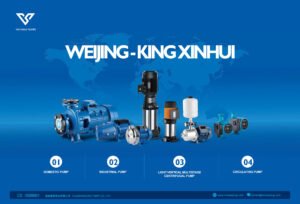
High Efficiency: Centrifugal pumps are highly efficient, experiencing minimal energy losses due to their simple design.
Versatility: There are various types of centrifugal pumps suitable for different irrigation applications, including drip irrigation, sprinkler systems, and pivot irrigation.
Easy Maintenance: Centrifugal pumps are easy to maintain, thanks to their simple and straightforward designs.
Cost-Effective: They offer a cost-effective solution for irrigation, with relatively low upfront costs.
Disadvantages:
Limited Head: Centrifugal pumps have limitations regarding the pressure (head) they can generate, which may restrict their use in certain irrigation applications.
Suction and Discharge Piping Required: These pumps require suction and discharge piping, increasing the overall cost and complexity of the irrigation system.
Limited Submerged Operation: Centrifugal pumps are not designed for submerged operation and cannot be used in water sources that are too deep.
Variants:
JET pumps are equipped with a jet and a venturi pipe, allowing them to lift water from lower depths, typically around 8-9 meters below the surface.
Multistage pumps, also known as high head pumps, can generate high pressure from the water source to the water outflow.
End Suction Pumps
End suction pumps are commonly used in agricultural irrigation due to their high flow capacity. They feature a wide flow range, compact size, and easy installation.
2. Submersible Pumps
Submersible pumps are designed to be submerged in water, making them ideal for wells and deep water sources. These pumps are energy-efficient and can handle high water pressure. They are commonly used for drip irrigation and sprinkler systems.Submersible pumps are fully immersed in water, pushing water through a pipe and directing it into irrigation systems.
Advantages:

Efficiency: Submersible pumps are highly efficient, with minimal energy loss due to the absence of suction and discharge piping.
Easy Installation: Installation is straightforward since submersible pumps require no suction or discharge piping.
Compact Size: These pumps are small and compact, making them easy to transport and store.
Versatility: Submersible pumps can be used in various irrigation applications, including drip irrigation, sprinkler systems, and pivot irrigation.
Disadvantages:
Limited Depth: Submersible pumps have depth limitations as they must operate fully submerged in water.
High Cost: They tend to be more expensive than other types of irrigation pumps.
Difficult Maintenance: Maintenance can be challenging as submersible pumps must be removed from the water for servicing.
Variants:
Floated Submersible Pumps
These pumps are commonly used in households to extract water from tanks, pools, ponds, and streams for watering garden plants. They are suitable for simple irrigation needs where large flow and pressure are not required.
Deep Well Submersible Pumps
These pumps are designed to extract water from deep underground sources such as wells or aquifers. They are typically used in areas with deep water sources or where surface water is scarce. Deep well submersible pumps are suitable for irrigation needs that require long distances or high pressure.
Choosing the Right Pump for the Agricultural Irrigation Pump
When selecting an irrigation pump, there are several factors to consider:
- The water source and its distance from the irrigation system
- The required water pressure and flow rate
- The type of irrigation system being used
- The power source available (electricity, diesel, or gasoline)
- The maintenance and operating costs
By taking these factors into account, you can choose the most suitable irrigation pump for your agricultural needs. It is also advisable to consult with a professional to ensure you make an informed decision.
Remember, the right irrigation pump will not only provide a reliable water supply for your crops but also contribute to the overall efficiency and success of your agricultural operations.
of course, more information further details kindly contact us highly appreciated. We provide not only water pumps, but solutions for the users.

